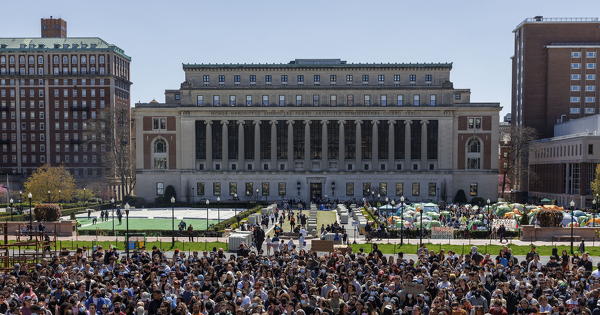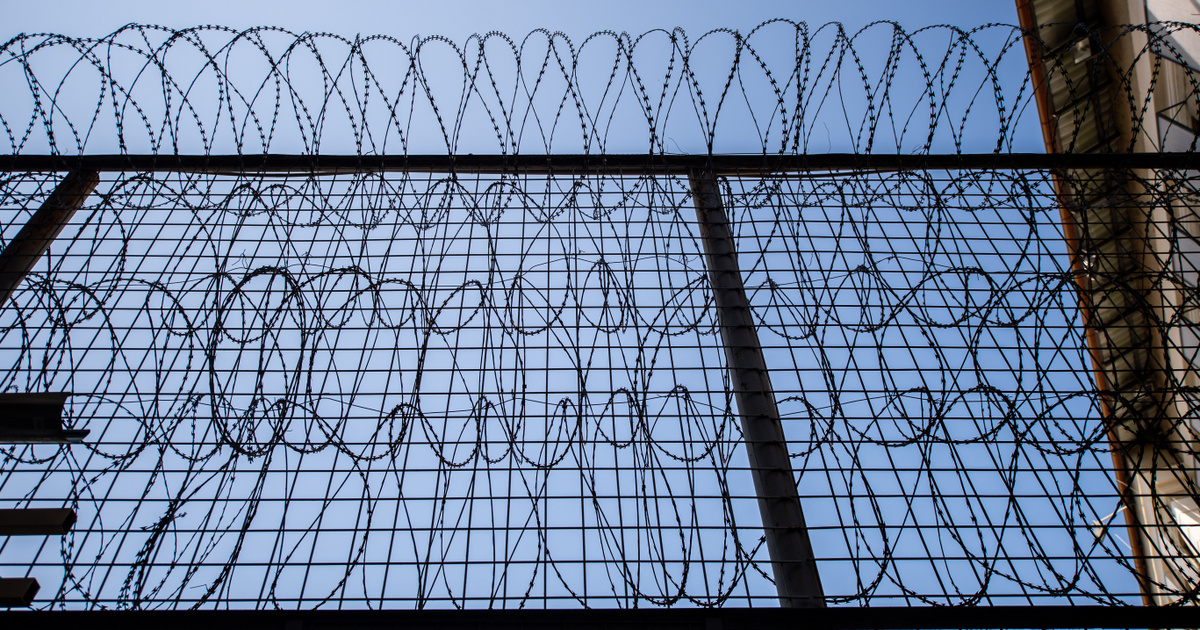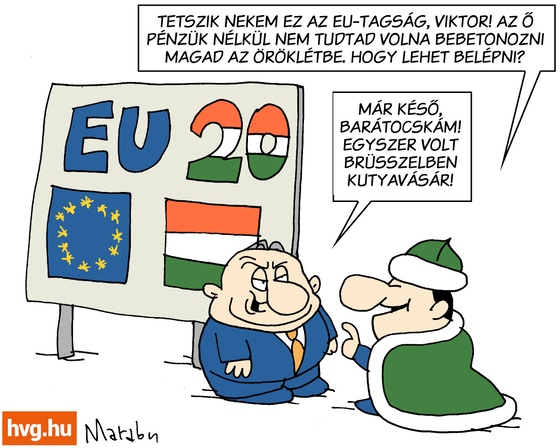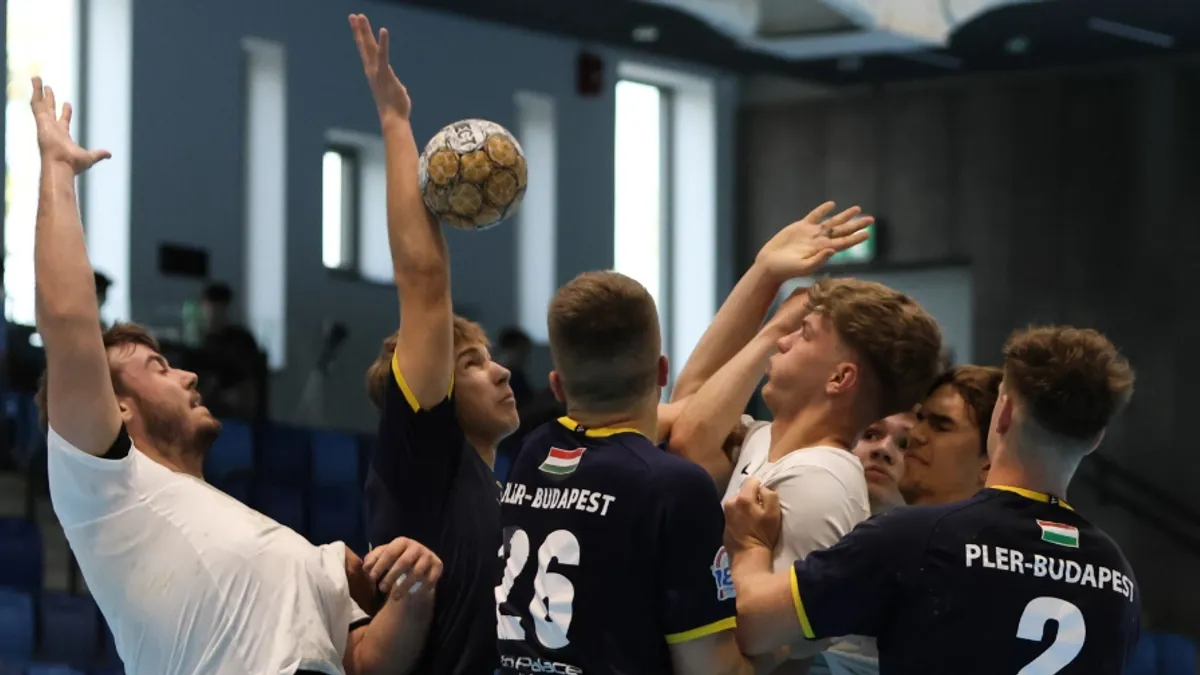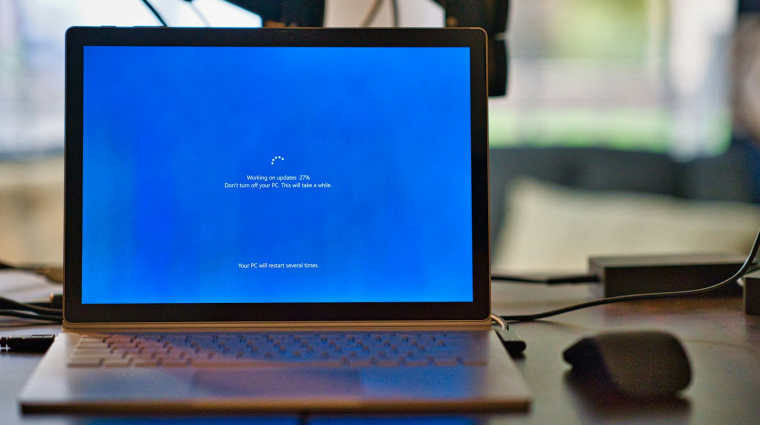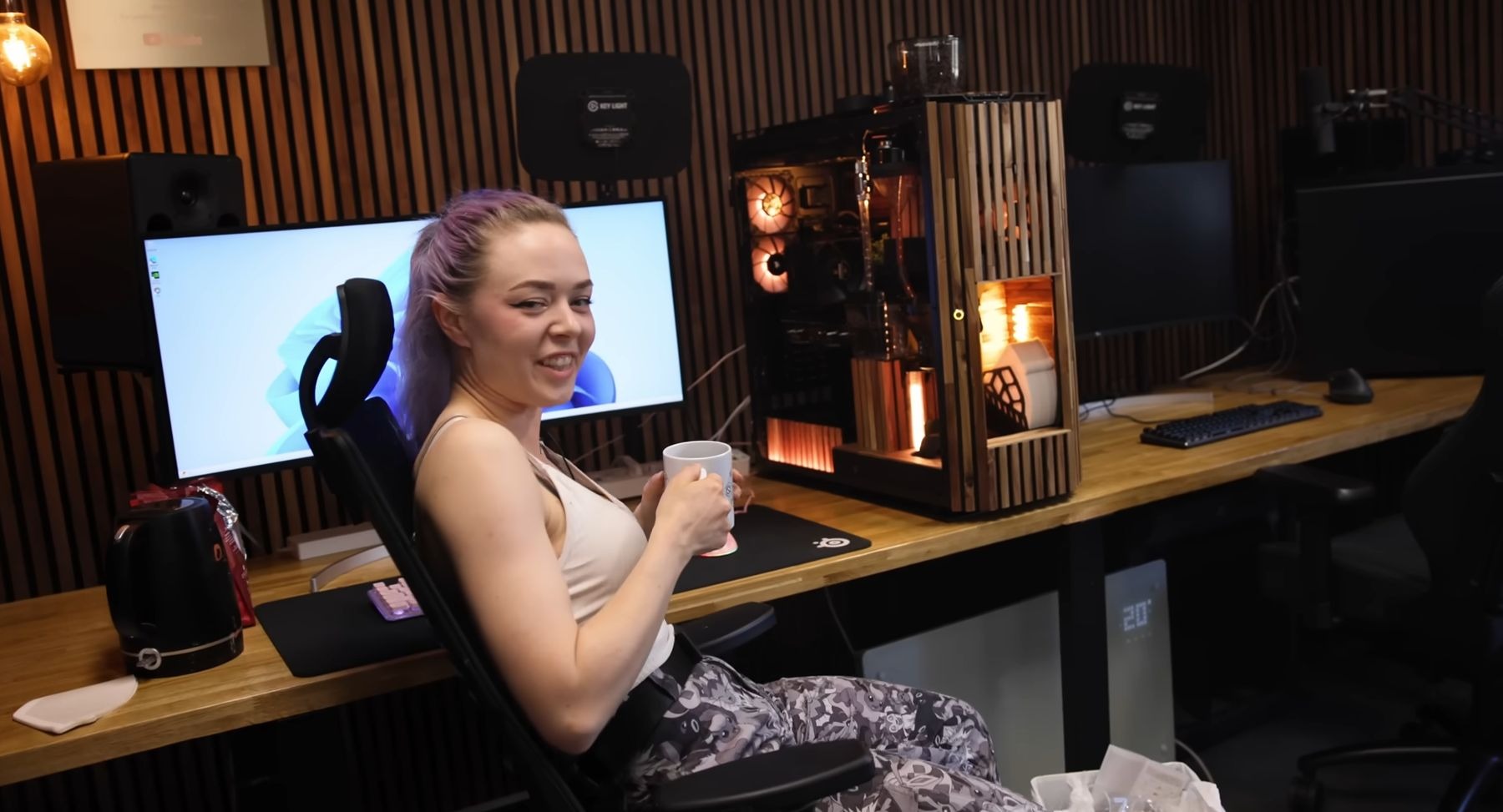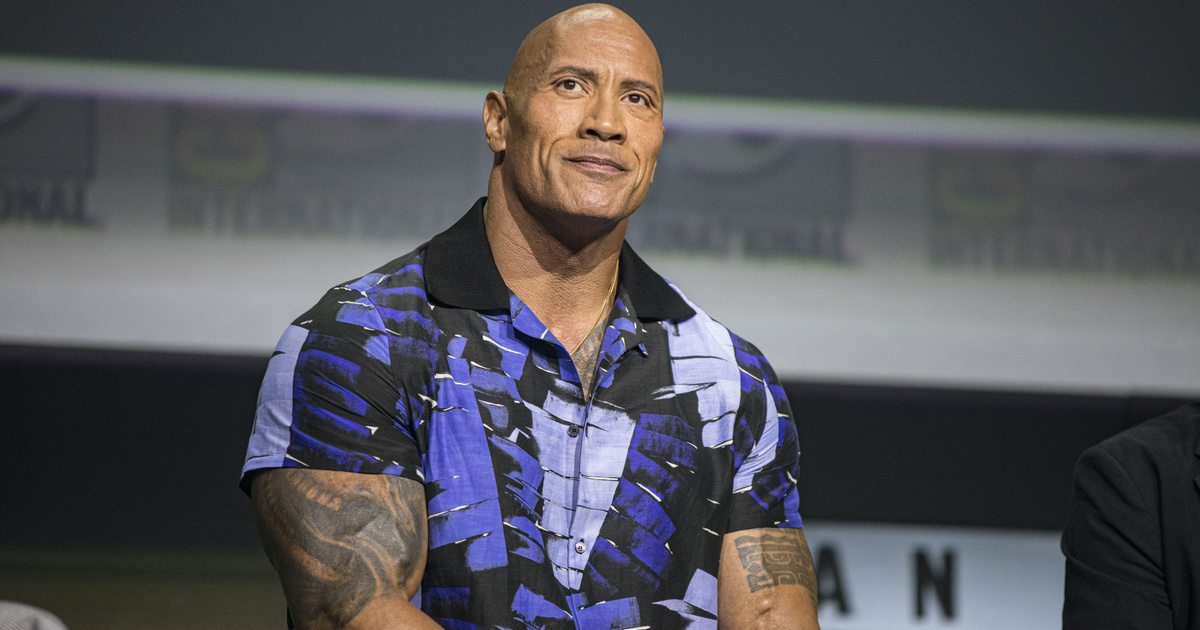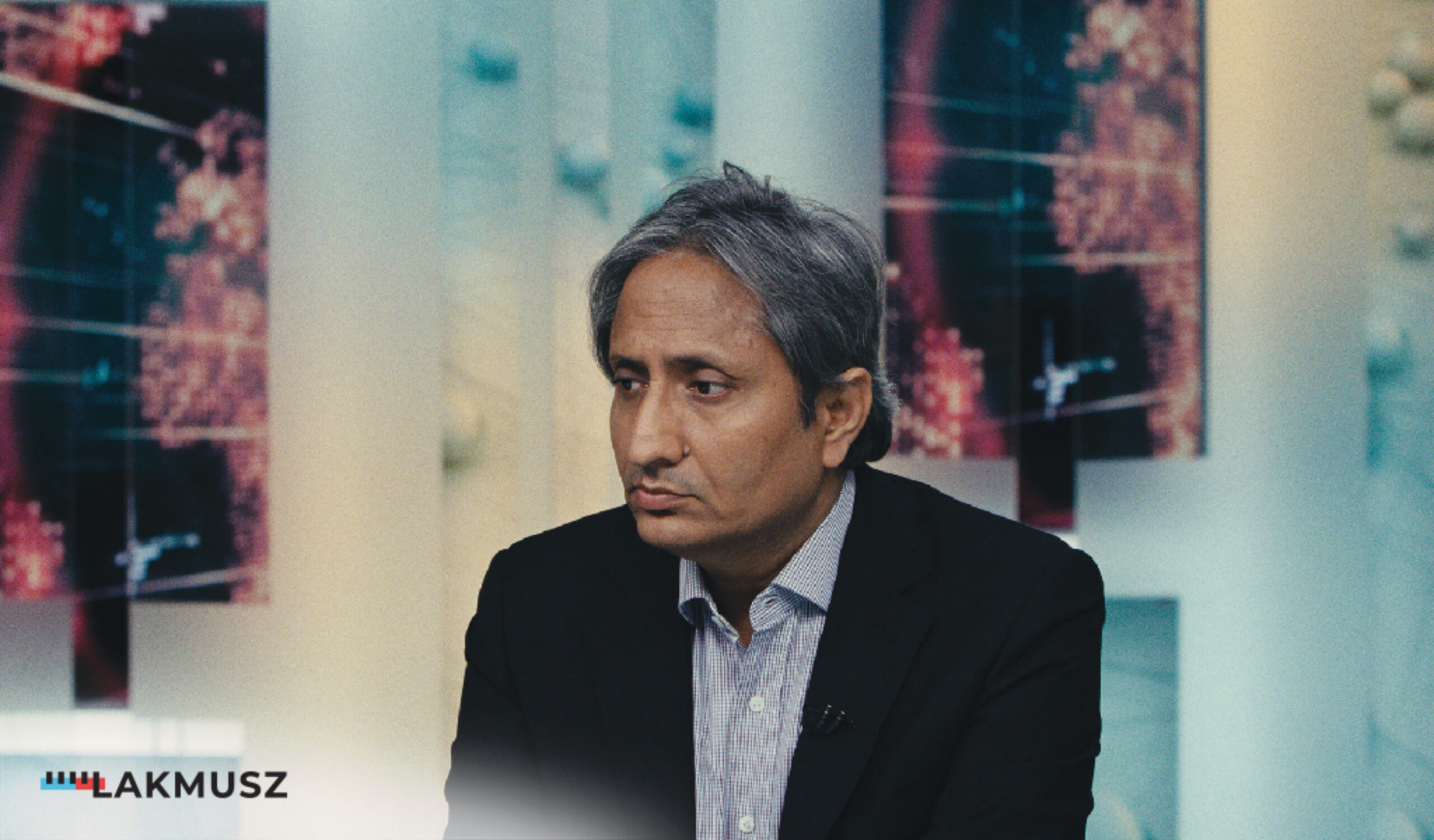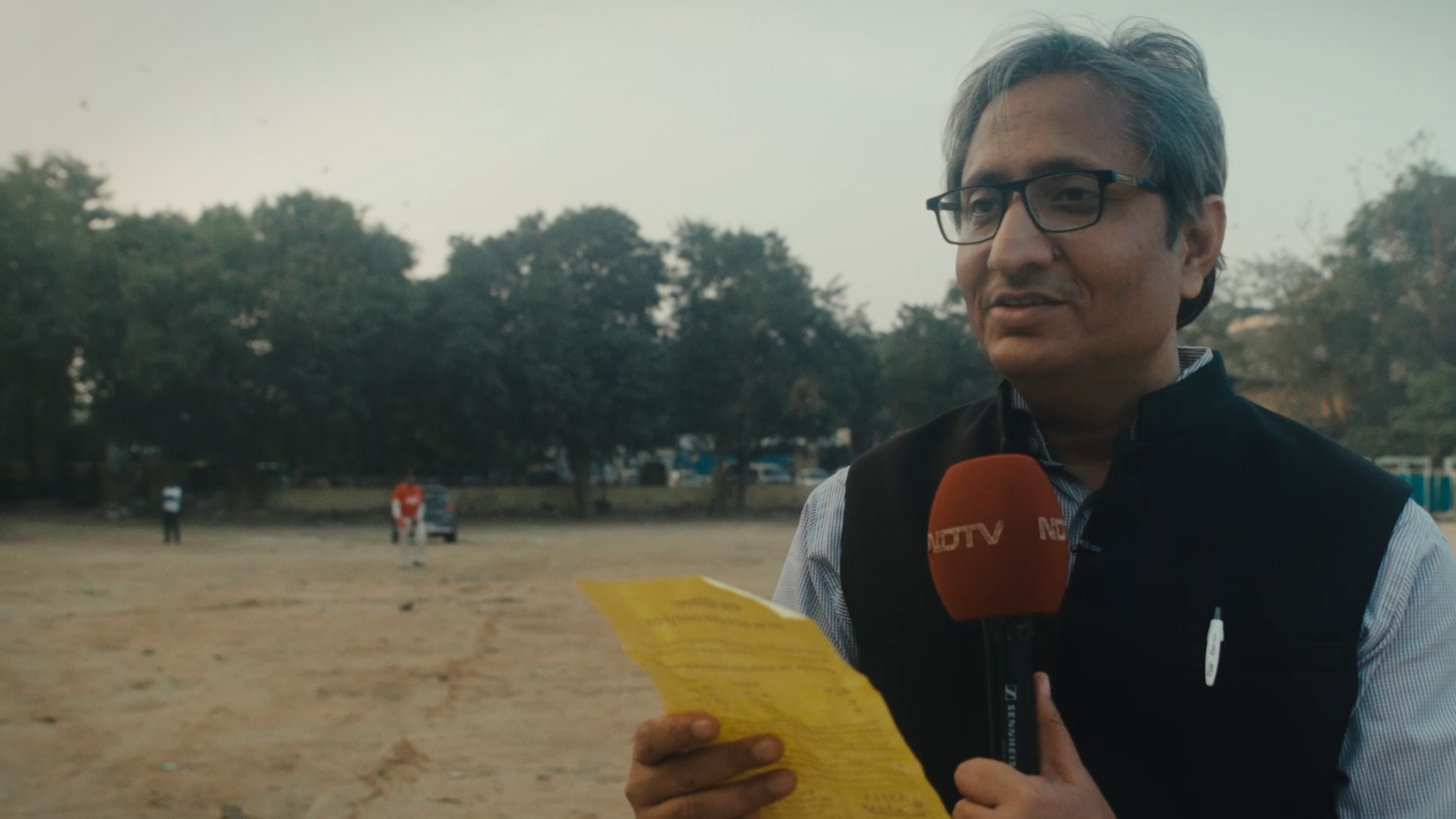What does a journalist risk when he battles all-over government propaganda? Does it make sense to fight misinformation in a deeply divided society? Familiar questions and the story of a TV presenter – from India.
Vinay Shukla's award-winning documentary, While we watched Through the story of Raveesh Kumar, former editor and presenter of Indian news channel NDTV (New Delhi Television), she shows how after coming to power in 2014, Hindu fundamentalist Narendra Modi and his government made it impossible for independent journalism to function.
In the 2019 Indian elections, Modi's Indian People's Party (BJP) repeated its 2014 victory, He obtained an absolute majority In Parliament. A coalition of the Bharatiya Janata Party and the National Democratic Alliance rules the country with a two-thirds majority.
During this time, the audience also changed radically: A Pro-government propaganda channels They openly glorify President Modi and the ruling forces, incite against the Muslim minority, opposition activists described as “anti-national” and those working in the independent press. In this environment, anyone who openly criticizes the government or the country's Hindu leaders can become a close enemy in no time.
Shukla's film shows how the possibilities for independent, objective information and open space for constructive debate are shrinking, meanwhile. NDTV was also attacked in various ways: the television company that ran the channel was unable to obtain loans, but there was also a situation that made its broadcasts unavailable by cable operators. All this led to a continuous decline in the number of viewers. By 2019, nationalist propaganda media had conquered the public, and along with it, reality. In one scene in the film, a pro-Modi TV anchor tells us that the only measure of credibility is viewership, and in this regard, propaganda shows lead the way.
In some ways it is As long as we can watch He does the impossible: he wants to condense the events of the months before and after the 2019 elections into an hour and a half. Not only the director, but also the lead actor Raveesh Kumar has a lot to do with the fact that this project does not end in failure.
However, at first glance, the editor and presenter does not appear to be a charismatic star journalist, but rather gives the impression of someone exhausted and exhausted by the struggles of everyday life. Perhaps this is why it is easy to relate to Kumar's story. There is nothing heroic about him, he is not a warrior detective, he simply cannot do his job any other way. What he's obsessed with anyway: He only took up photography on the condition that he wouldn't be disturbed by his day job. The director and his staff accompanied the man to the NDTV newsroom every day for two years, and the man also allowed the crew into his home.
All this seems truly shocking when we know the extent of the danger to which independent press journalists critical of the government are exposed in India. Only the match against Gauri Lankesh in 2017 is enough To assassinate him To think when Hindu nationalists outside his home in Bangalore He shot him dead Journalist. Kumar was also regularly harassed by angry Hindutvas (Hindu nationalists). The situation worsened forever when a blacklist of “anti-nationalists” – with names and phone numbers – was published on Twitter. One of the most shocking and beautiful scenes in the film is when Kumar spends hours trying to talk to the unknown callers who are threatening him and trying to get one of them to sing the national anthem together.
Ravish Kumar (Source: BIDF)
the As long as we can watch In the beginning, we are immediately thrown into the thick of the action: we first see Kumar in a dilapidated office building, and in the next scene he is already sitting in the studio, intently focused on the moments before the show begins. But we will soon realize that this apparent silence and calm is actually the eye of the hurricane, as we too are drawn into the vortex that sucked Kumar, who was waging a windmill battle with the propaganda media.
Kumar's perseverance, dedication and unwavering professional spirit can keep the editorial team together for a long time, but their work gradually becomes unbearable, and fewer and fewer people put up with the relentless host. One of the film's recurring themes is the “celebration” associated with resignations: every time they say goodbye to a departing colleague, members of the editorial team cheerfully bake a cake. In the beginning, there was also a paper plate, but the last time, the slice of cake was portioned out to Kumar on an A/4 sheet, who chewed the cake resignedly, with a sad half-smile on his face.
The film, which consists of short scenes and has a mosaic structure, focuses on the internal conflicts of the protagonist. At stake throughout is how Kumar can maintain his professional integrity in this environment, where reliable information is increasingly difficult to obtain, while everything is inundated with fake news and state-provided disinformation. Is it possible to report objectively in such a highly divided social and public environment, where the reporter himself is also personally involved? Is it even possible to verify the facts under these circumstances, or will the flood of extremist views wash away everything? Does self-censorship come into play if we put our colleagues or families at risk?
Although the director clearly sympathizes with the hero of his film, he still cannot make a hero out of Ravish Kumar. Kumar does not want to be the hero of this story. Kumar is simply unable to compromise, and his sense of justice is stronger than his fears. In one scene of the film, he even turns to those who turn to him for help when they are disappointed in Modi. He always speaks his mind, even if he knows that he is putting himself, his colleagues, or his family in danger. He never acts out of anger, he is simply unable to hide the truth.
Kumar has been called an enemy of the propaganda media as a realist, anti-nationalist, traitor and communist – and tries to defend himself against these accusations to no avail. In India, good “nationalists” oppose evil “anti-nationalists.” Before the 2019 elections, it was almost expected that the pro-government media would radicalize this opposition and thus help Modi achieve another remarkable victory. Under these circumstances, NDTV's editorial team has tried to provide reliable information.
Ravish Kumar (Source: BIDF)
the As long as we can watch Not just the sad story of Ravish Kumar and the independent Indian media, but also the story of populism: a paradigmatic example of how to build and consolidate political power through complete control of the media while maintaining the trappings of democracy.
Before the 2019 election, Kumar interviewed local residents in a garbage-covered slum, then spoke to unemployed people who said national security came before getting a job. These two examples clearly illustrate how successful the pro-Modi media has been: people are not influenced by daily reality or their own experience by the slogans inculcated in them by propaganda disguised as a news programme. At this point, the reporter concludes with a sad conclusion: “The sweet smell of nationalism overwhelms the bitter smell of reality.” This sentence seems painful in a country where people have become mere numbers in classifications.
Although Ravish Kumar's story in the film ends positively (receiving him the so-called Asian Nobel Peace Prize) Ramon Magsaysay Award), a Subsequent events show a sadder picture: In 2022, Gautam Adani becomes one of the richest Indians It acquired the company that owns NDTV. Adani had earlier claimed that he has no relationship with the Indian President, His amazing wealth However, it declined at a time when Narendra Modi's political career was taking off. Reuters also revealed that Modi used Adani's private jets before becoming Prime Minister.
After the acquisition of the TV company, he resigned along with Ravish Kumar and several other well-known anchors. That way India is heading into parliamentary elections this year, which Kumar is reporting no longer from the NDTV studio, but from his own correspondent. On his YouTube channel Will report back.
Cover image: BIDF





